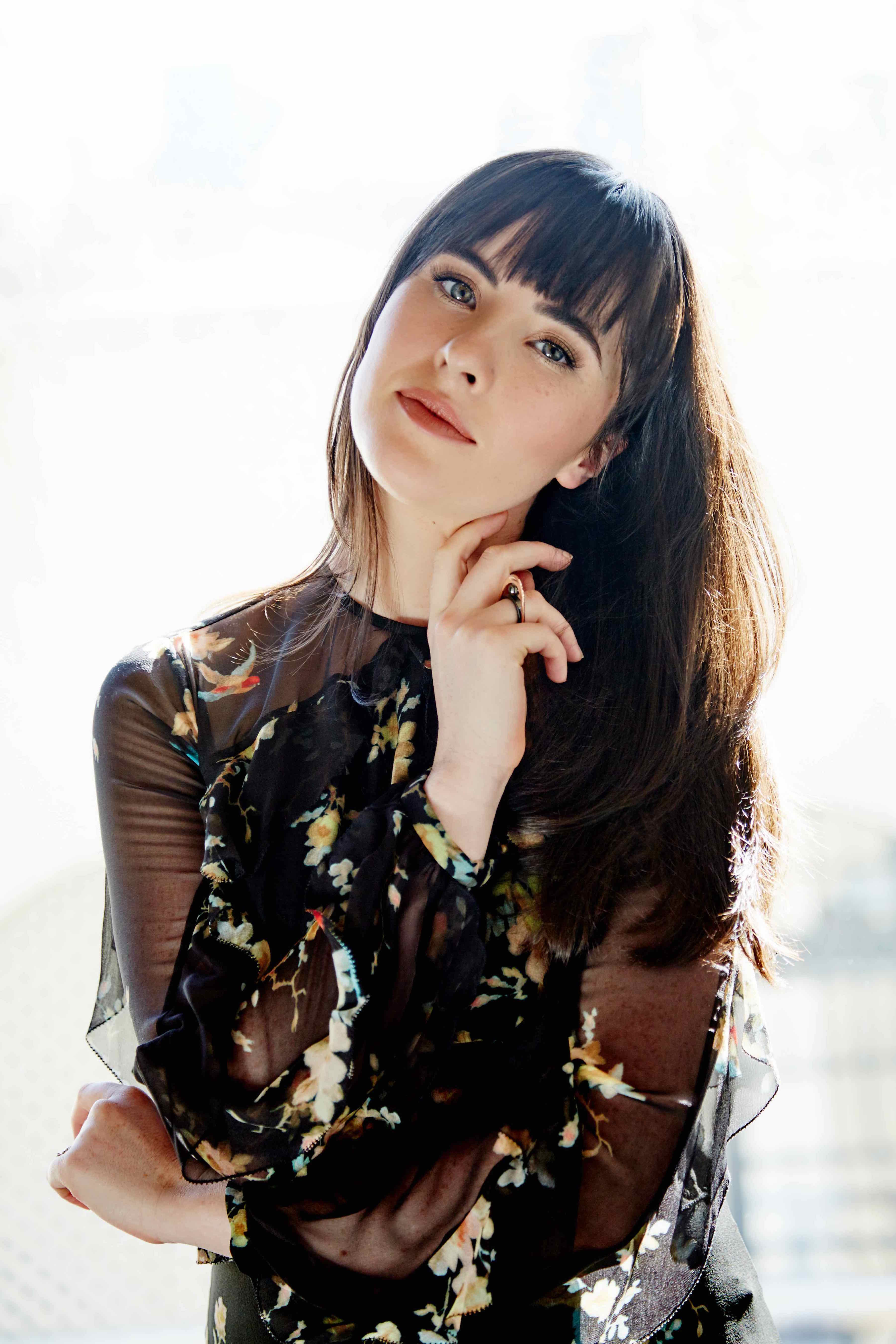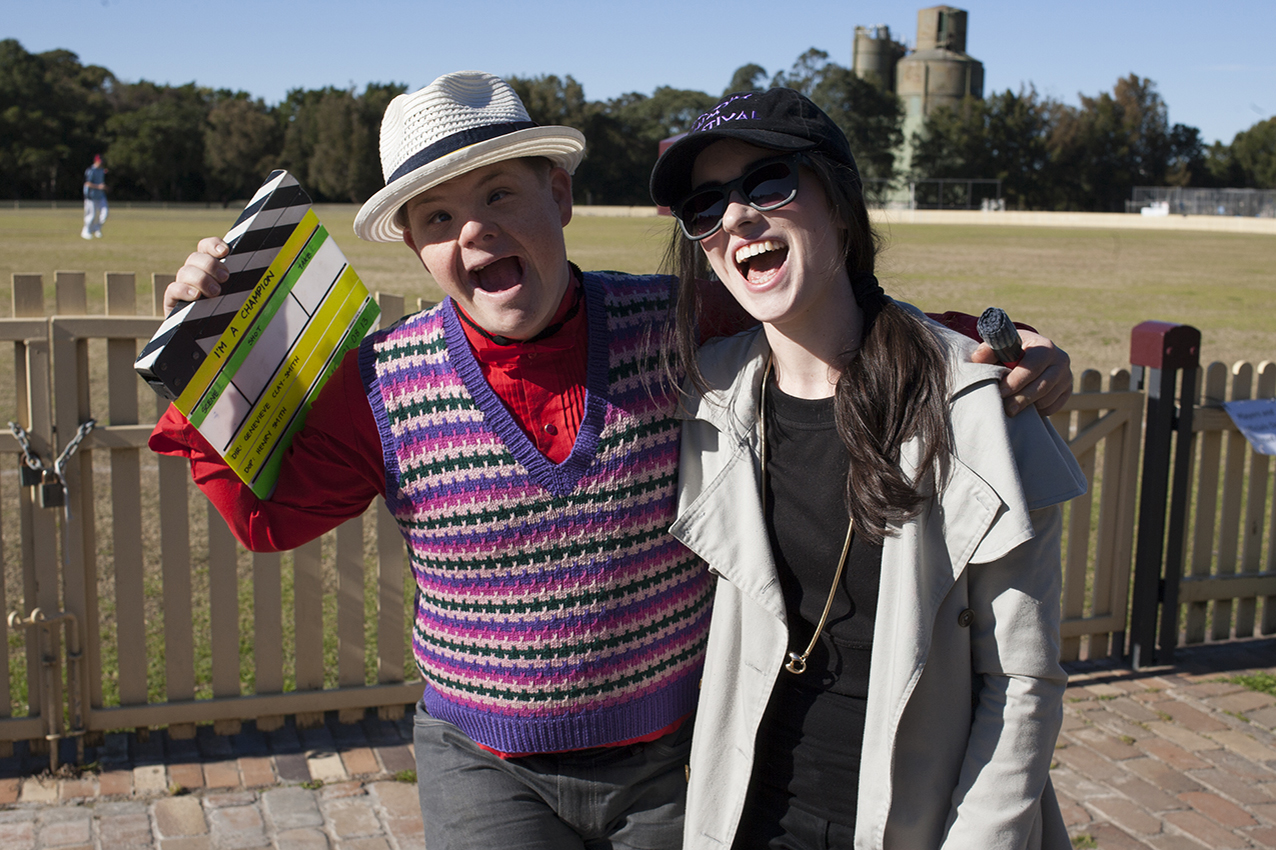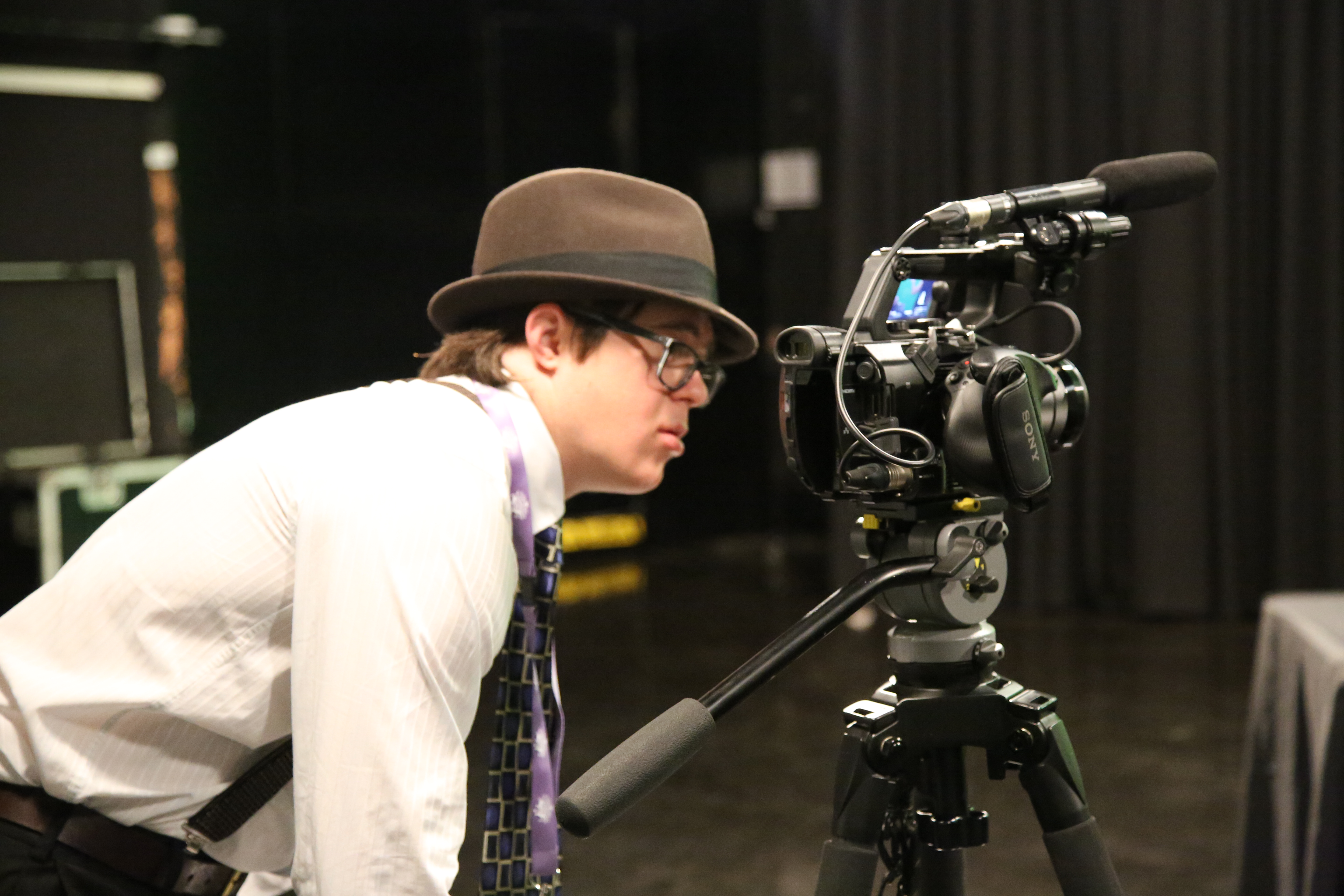Urban Village: A fair go in our film industry
The Morrison government looks set to call a royal commission into abuse in the Australian disability sector. As Bus Stop Films CEO and co-founder Genevieve Clay-Smith told me, it’s about time.
People living with disability are subject to abuse, segregation and stigma due to inherent societal prejudices. Access to many opportunities for people living with disability – particularly concerning employment – is inhibited due to the age-old narratives of otherness and low expectations.
According to the Australian Network on Disability, people with disability aged between 15 and 24 are 10 times more likely to experience discrimination than those aged 65 years and over, with an employer as the source in over half of those instances.
A leading advocate for the inclusion of people with disability in the film industry, filmmaker and 2015 NSW Young Australian of the Year recipient Genevieve Clay-Smith has voluntarily worked as Bus Stop Film’s chief executive officer since its formal incorporation in 2011.
The company now celebrates 10 years of inclusive filmmaking.

Photo credit: Sally Flegg
“We provide educational activities and programs for people with intellectual disabilities and marginalised communities. Our films give voice to underrepresented groups so we can get more inside their experiences”
Genevieve Clay-Smith
CEO, Bus Stop Films

Genevieve has developed strategic partnerships with AFTRS and Panavision, and is a fierce advocate for a more diverse and inclusive society.
Bus Stop’s tailored education program provides students with professional training behind and in front of the camera. Bus Stop breaks down the barriers of entry into the film industry and gives people with disability the chance to develop their creative careers at an industry level.
“The film industry is our industry of stories – it can’t just be one subsection of society telling those stories. Everybody needs to be included – when we’re missing these different experiences, it only seeks to further marginalise already underrepresented groups,” said Genevieve.
In 2009 Genevieve and Bus Stop Films co-founder Eleanor Winkler won Tropfest with their short film Be My Brother, a totally inclusive film with a cast and crew of people with disability. Lead actor and man with Down syndrome Gerard O’Dwyer won best male actor.
“At that time there were no pathways or opportunities for people with disabilities in terms of getting work experience on sets and in production companies.
“Nor were there characters with disabilities on television or in our films. We saw that gap and really wanted to do something about it,” said Genevieve.
In the last ten years Bus Stop has facilitated over three hundred work placements and experience opportunities for people with intellectual disabilities on professional film sets, and flown people interstate and all over the world to advocate and present their films at various film festivals including Oscar-qualifying festivals.
Bus Stop has now started a new program in Mongolia, the company’s second overseas venture.
“Film is a very powerful industry for advocacy. We’ve seen it in Modern Family, when they introduced Mitch and Cam as the gay couple. That was actually quite an important step to normalise gay marriage and gay couples in the family unit.
“When we start to see change in the way we tell stories on the screen, society catches up and it becomes a conversation starter.”
“It’s a human right that all people can equally access the film industry, and it’s our human right to be able to own our stories and tell our stories inclusively. I don’t want anybody to miss out on that.”
Bus Stop Films is a crucial platform from which marginalised groups in Australia can be heard, and diverse stories can be shared with broader society to foster understanding and inclusion. Genevieve’s commitment to an inclusive Australian film industry sets the standard for all other industries – the land of a fair go has a way to go yet.

